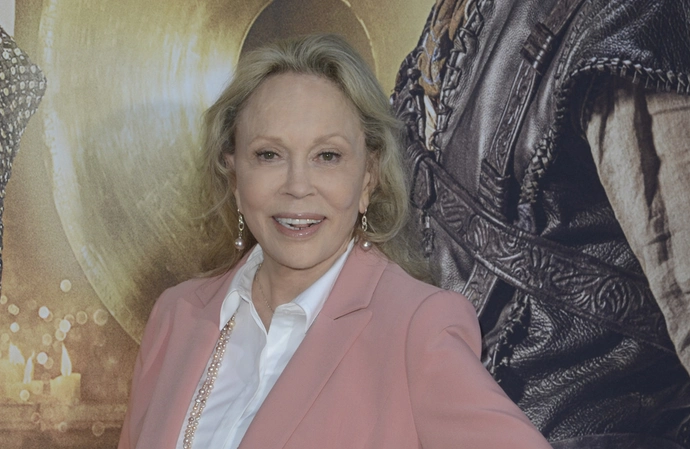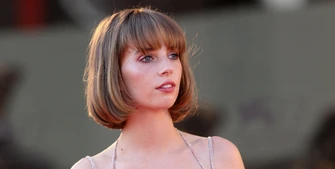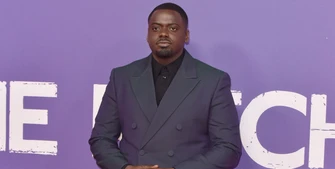Faye Dunaway's mental health reveal felt 'cathartic'
Faye Dunaway has revealed opening up about her diagnosis with bipolar disorder in a new documentary felt "cathartic" and she is now better able to "overcome and understand" her difficulties.

Faye Dunaway says opening up about her diagnosis with bipolar disorder felt "cathartic".
The 83-year-old ‘Bonnie and Clyde’ actress went public with her mental health struggles in new HBO documentary ‘Faye’ and explained how she was put on medication after being probed by doctors - and she's now insisted speaking openly about her condition has helped her "overcome and understand" her difficulties.
During an interview with The Independent newspaper, Faye was asked if it felt "cathartic" to speak about her condition and she replied: "Cathartic is a good word. It was. To look at it all and see what it added up to. It was difficult sometimes, because it is very private to me.
"I was a bit wary at seeing it all out there, but that’s the process – it’s the whole point of the film, the sharing of who I am. I dug deep!"
She went on to explain how her condition actually helped her as an actress, adding: "The mania we tap into, and the sadness, of course … I don’t know how all that works exactly but I understand that I need all of that to use in my craft.
"It has been a difficulty, of course, as a person sometimes. It’s something I’ve had to deal with and overcome and understand. It is something that is part of who I am, and that now I can understand and deal with much more."
Faye gained a reputation for being “difficult” in Hollywood – with her fellow acting veteran Bette Davis, who died aged 81 in 1989, once telling chat show host Johnny Carson she was “impossible” and “uncooperative” on set.
Speaking in the 'Faye' film, she said of her temperament: “I don’t mean to make an excuse about it, I am still responsible for my actions.
"But this is what I came to understand, was the reason for them. It’s something you need to be aware of, you need to try to do the right thing to take care of it.
"[My mental health is] a sensitivity and it’s something that is just a part of my make-up … Thank God there is medication and there are studies, and there are doctors who deal with this and I’ve been able to benefit from that.
"Medication is crucial and without it, you fall back into what is there psychologically and biologically."
She added of her treatment: "I worked with a group of doctors who analysed my behaviour, who gave me prescriptions for pills they thought would be good for me. And that helped.
"So I am quieter. But throughout my career, people know there were tough times."







